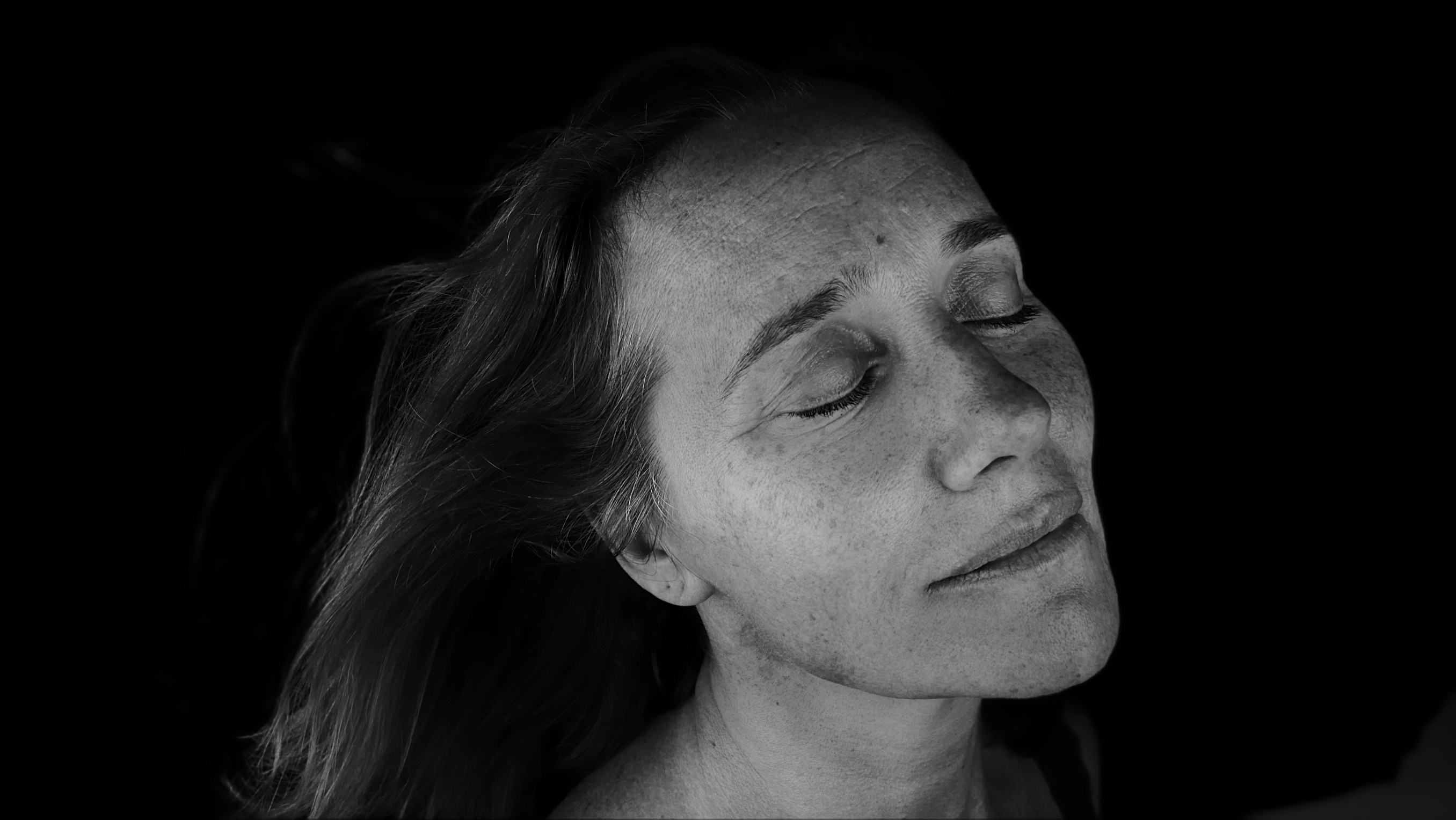
About 46 percent of adults diagnosed with depression endured childhood trauma. The experience is linked to more severe and persistent symptoms. In turn, a history of childhood trauma is likelier among people with chronic depression.
People with childhood trauma are less likely to benefit from standard depression treatments — such as therapy and medication — than those without trauma. Studies suggest that this population is 1.5 times more likely to not respond or remit after these standard first-line interventions. Because there is no specific treatment designed for this population, some experts believe we need to create new, personalized therapies.
But a new study suggests claims of unhelpfulness have been overstated. In a new paper published in the journal The Lancet Psychiatry, researchers report that adults with a history of childhood trauma do experience symptom improvement after commonly-used medication and therapy.

The discovery — This reevaluation is based on an analysis of 29 clinical trials involving 6,830 individuals. Within this group, nearly 63 percent reported a history of childhood trauma.
Erika Kuzminskaite is a Ph.D. student at Amsterdam UMC and the study’s first author. She says this study is the first to compare the effect of active treatments to control conditions, such as a waitlist or a placebo.
Before now, “the evidence on poorer treatment outcomes has not been definitive and a comprehensive meta-analysis of available findings has been lacking,” Kuzminskaite says.
She hopes the results broadcast the potential benefits of pharmacotherapy, psychotherapy, or a combination to adults with major depression and a history of childhood trauma.
But she also notes that these results do not imply that everyone will improve in the same ways r to the same extent. Some people will likely experience residual symptoms in the long term. The aim of the study isn’t to show that first-line depression treatments are a cure. Rather, they can be helpful first steps and bring the possibility of eased symptoms.
The big picture — Kuzminskaite says the paper highlights “the importance of screening for childhood trauma to identify individuals at risk for a more severe course of the disorder and post-treatment residual symptoms, as additional interventions may still be needed.”
For example, the ongoing RESET study in the Netherlands is evaluating whether the drug mifepristone — which is currently not used in psychiatry but has been evaluated in studies on depression — can help people with childhood trauma because of its interaction with the body’s stress system. The study also evaluates two types of therapy, Eye Movement Desensitization and Reprocessing (EMDR) and Imaginary Rescripting.
Kuzminskaite and her colleagues write that further study and collaboration across disciplines are necessary to gain a better idea of how to examine and treat long-term outcomes, residual symptoms, and the underlying mechanisms that drive forward the long-lasting effects of childhood trauma. For now, it’s thought that several neurobiological and psychological pathways are altered by trauma, which may explain why depression symptoms experienced by this population can last for so long.
But for now, “evidence-based psychotherapy and pharmacotherapy should be offered to patients with major depressive disorder regardless of childhood trauma status,” the study team writes.







